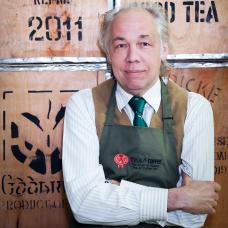Sugar Alternatives for Tea: Healthy Options, Facts & Tips
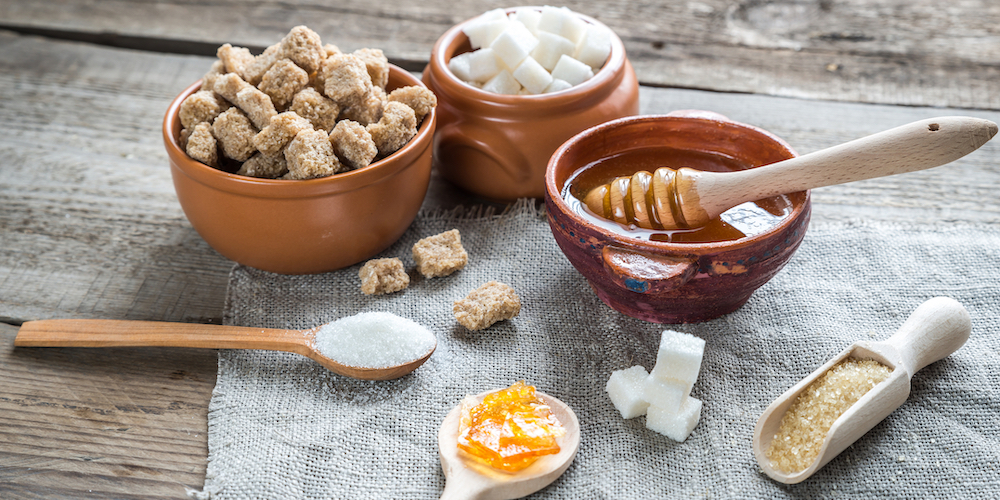
Tea is a delicious and healthy beverage, but if you’re like most people, you probably add sugar to it. This can quickly turn a healthy drink into an unhealthy one. In this article, we will discuss 9 sugar alternatives for tea. We will also provide a healthy option and some tips on how to use these alternatives in your tea. Let’s get started!
Table of Contents
- 1. Maple Syrup Sugar Alternative
- 2. Coconut Sugar is a Sweet Choice
- 3. Stevia is Popular Sugar Alternative
- 4. Honey is the Most Common Alternative
- 5. Xylitol is a More Unusual Alternative
- 6. Liquorice Root is a Good Natural Sweetener
- 7. Add Extra Milk can Sweeten your Tea
- 8. Adding Agave Nectar is a Good Sugar Replacement
- 9. Molasses if a Great Sugar Alternative
- Conclusion
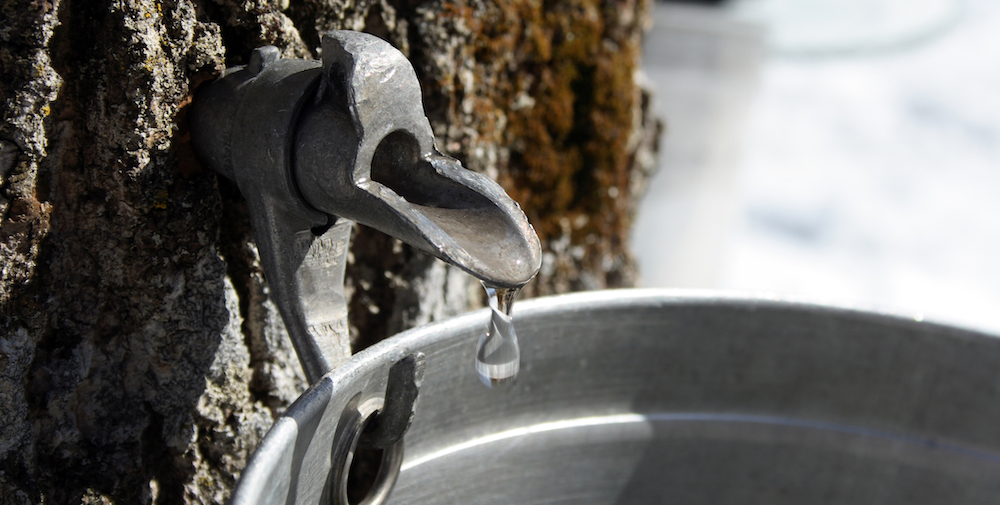
1. Maple Syrup Sugar Alternative
If you’re looking for a natural sugar alternative, maple syrup is a great option. It’s perfect for sweetening tea and it has a delicious flavour. Maple syrup in tea is a rich in nutrients and antioxidants.
Made from the sap of maple trees. It’s been used for centuries as a natural sweetener and it’s a popular choice in many countries.
Maple Syrup Facts:
– Over 85% of the world’s maple syrup comes from Quebec in Canada
– One maple tree produces up to 15 gallons of sap per year
– Maple trees need to be about 45 years old before tapping for sap.
– This type of syrup contains riboflavin, manganese, zinc, magnesium, calcium and potassium
How to Use Maple Syrup:
– Add it to your tea instead of sugar.
– Start with a small amount and add more to taste.
– Use 100% pure maple syrup for the best results.
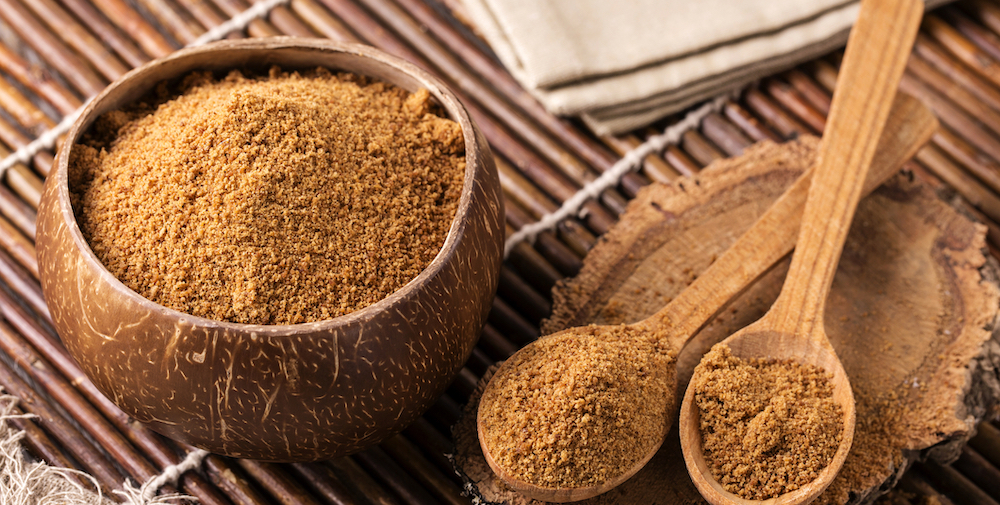
2. Coconut Sugar is a Sweet Choice
Coconut sugar is another great option for sweetening tea. It’s a natural sugar alternative that has a lower glycemic index than regular sugar. Coconut sugar is also rich in vitamins and minerals.
Made from the sap of coconut trees. The sap is heated until it turns into a syrup. The syrup is then cooled and dried to form crystals. Coconut sugar has a similar taste and texture to brown sugar.
Coconut Sugar Facts:
– Sap of the flower bud stem is extracted from the coconut palm.
– Coconut sugar is sweet like brown sugar with a slight hint of caramel.
– This type of sugar contains potassium, magnesium, and sodium
– Philippines, Indonesia, and Thailand produce 80% of the global production
How to Use Coconut Sugar:
– Add it to your tea instead of sugar.
– Start with a small amount and add more to taste.
– Use 100% pure coconut sugar for the best results.
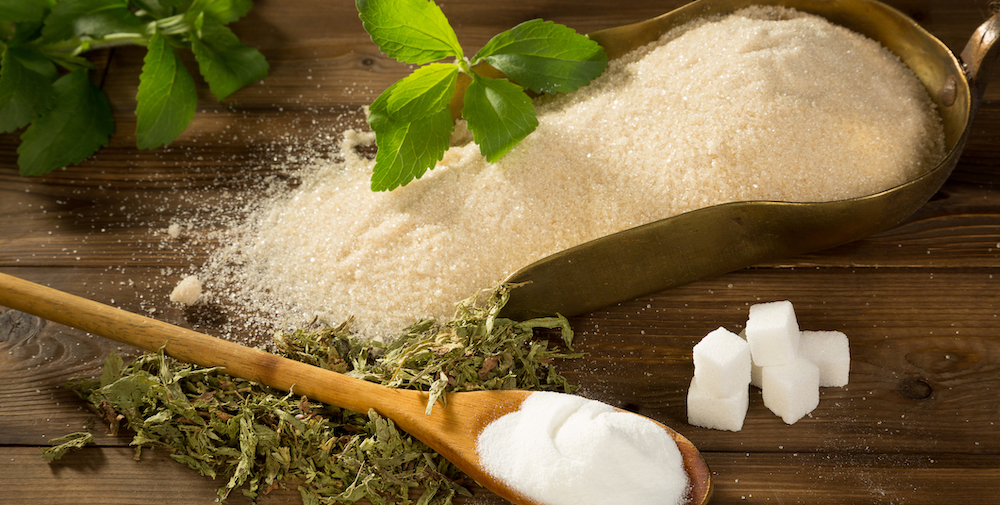
3. Stevia is Popular Sugar Alternative
A popular sugar alternative and it’s perfect for sweetening tea. Stevia is a plant-based sugar substitute that is calorie-free. It’s also very versatile and can be used in many different ways.
The stevia plant is native to South America and it has been used for centuries as a natural sweetener. The leaves of the plant are dried and then ground into a powder. This powder can be used to sweeten tea or any other food or beverage.
Stevia Facts:
– Stevia is a plant-based sugar substitute that is calorie-free.
– As Sugar is 200 to 300 times sweeter than traditional sugar.
– The Stevia plant is native to Paraguay and Brazil in South America.
– China, since 2006 has become the largest producer and exporter.
How to Use Stevia:
– Add it to your tea instead of sugar.
– Start with a small amount and add more to taste.
– Use 100% pure stevia for the best results.
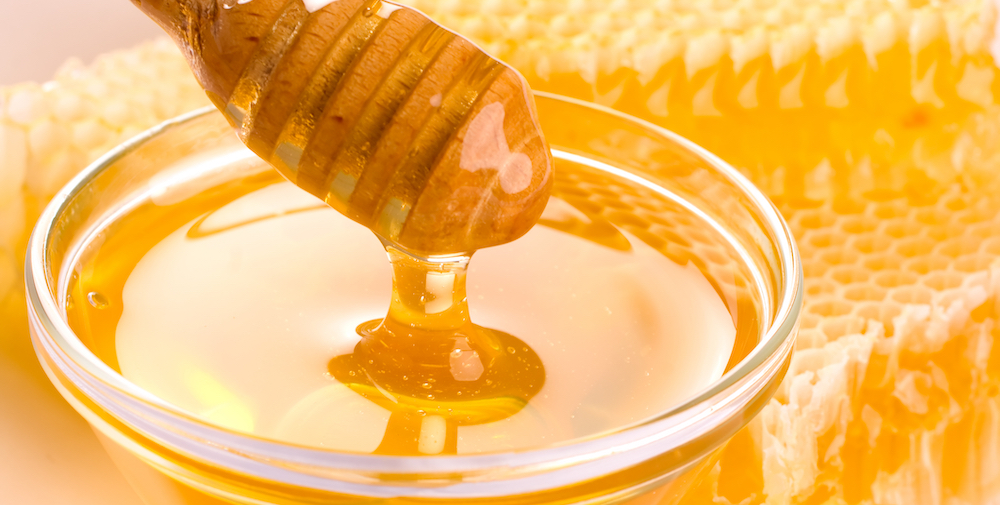
4. Honey is the Most Common Alternative
Honey is the most common sugar alternative in tea. It’s a natural sweetener that has many health benefits. honey in tea is also very versatile and can be used in many different ways. To use honey in your tea, simply add a teaspoon to taste.
Honey Facts:
– Wow, Honey is the only food made by an insect and consumed by humans.
– It has natural anti-bacterial and anti-septic benefits
– Honey has an eternal shelf life if kept at room temprture.
– On average, a bee produces about 1/12 of a teaspoon of honey in her lifetime.
How to Use Honey:
– Add it to your tea instead of sugar.
– Start with a small amount and add more to taste.
– Use 100% pure honey for the best results.
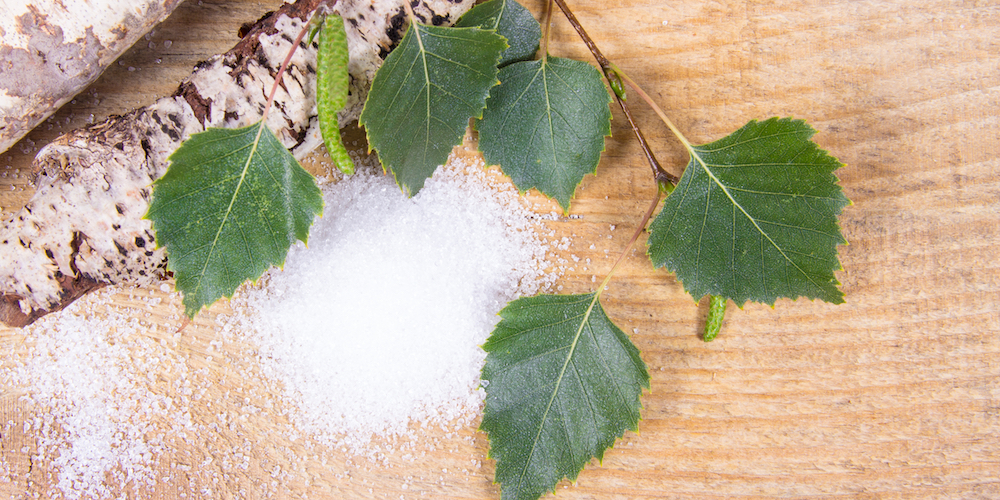
5. Xylitol is a More Unusual Alternative
An unusual sugar alternative, but it’s perfect for sweetening tea. A plant-based sugar substitute that has a low glycemic index. It’s also very versatile and can be used in many different ways.
Xylitol Facts:
– Xylitol is a plant-based sugar substitute that has a low glycemic index.
– Occurs naturally in many different fruits and vegetables
– Xylitol has 40% fewer calories compared to traditional sugar.
– Xylitol has a similar taste and texture to regular sugar.
How to Use Xylitol:
– Add it to your tea instead of sugar.
– Start with a small amount and add more to taste.
– Use 100% pure xylitol for the best results.
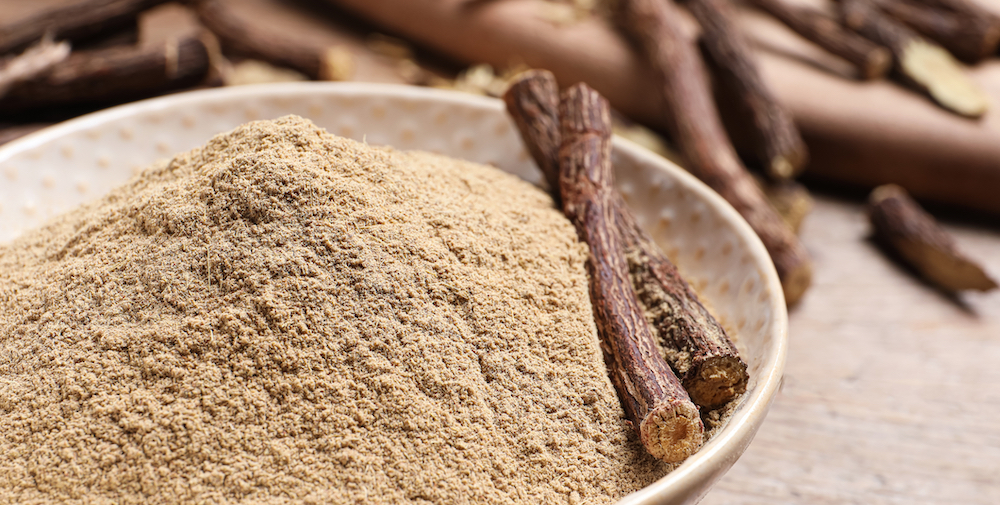
6. Liquorice Root is a Good Natural Sweetener
Liquorice Root is a good natural sweetener for tea. It’s a plant-based sugar alternative that is very versatile. Liquorice Root can be used in many different ways and it has several health benefits.
Liquorice Root Facts:
– It’s native to Native to southern Europe and some parts of the US.
– Licorice root is high in glycyrrhizin and is 50 times sweeter than regular sugar.
– The use of liquorice can be dated to 2300 BC
– It’s also used as a flavouring agent in many different foods and beverages.
How to Use Liquorice Root:
– Add it to your tea instead of sugar.
– Start with a small amount and add more to taste.
– Use 100% pure liquorice root for the best results.
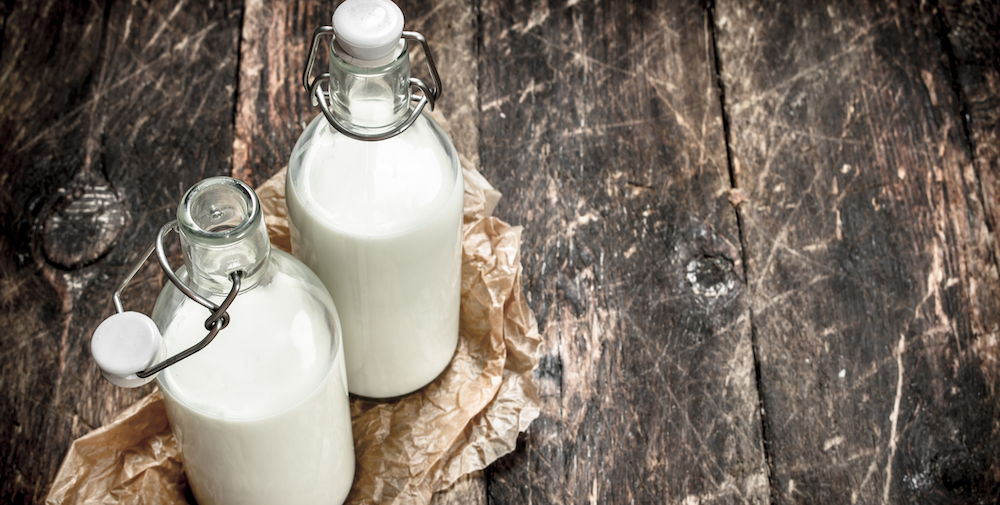
7. Add Extra Milk can Sweeten your Tea
If you want to make your tea sweeter, you can add extra milk. Milk can sweeten your tea. Milk is also rich in nutrients and it has many health benefits. To use milk in your tea, simply add a splash to taste. Altunatifly you could use Cream to achieve this.
Milk & Milk Alternative Facts:
– Approximately 13 billion litres of milk are produced in the UK each year.
– The average person in the UK drinks about 227 litres of milk per year.
– There are many None Dairy Milk Alternative for Tea.
How to Use Milk:
– Add it to your tea instead of sugar.
– Start with a small amount and add more to taste.
– Use 100% pure milk for the best results.
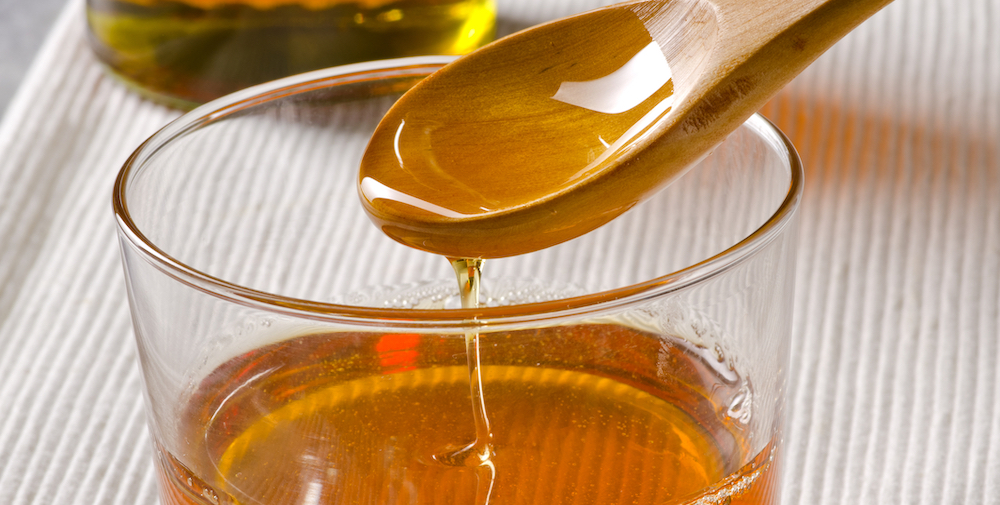
8. Adding Agave Nectar is a Good Sugar Replacement
Agave nectar is a good sugar replacement for tea. It’s a natural sugar alternative that has a lower glycemic index than regular sugar. Its also very versatile and can be used in many different ways.
Agave Nectar Facts
– The plant can take up to 10 years to mature.
– It’s thought the name comes from the Greek word “agavos”, meaning noble.
– Use agave nectar to sweeten iced tea or cold brew tea as well.
– Agave plant can live well beyond 100 years.
How to Use Agave Nectar:
– Add it to your tea instead of sugar.
– Start with a small amount and add more to taste.
– Use 100% pure agave nectar for the best results.
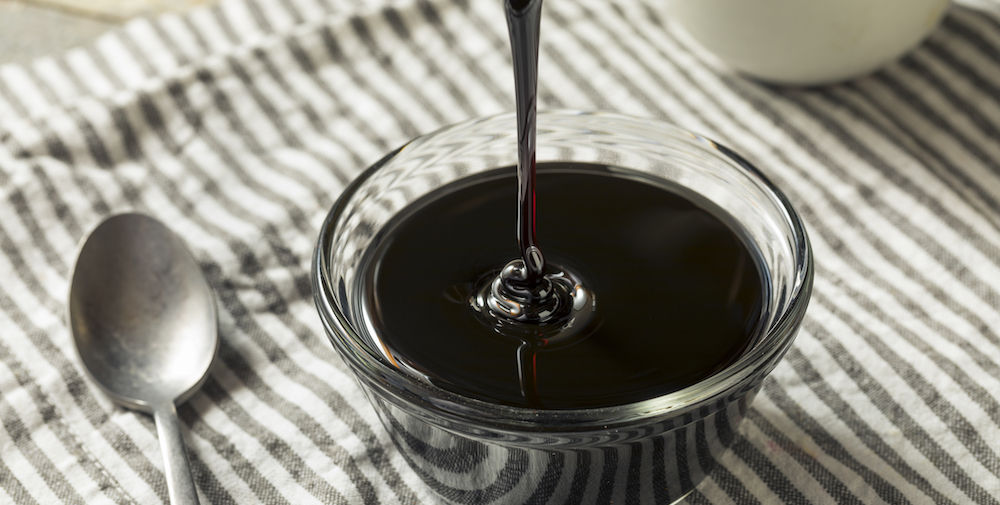
9. Molasses if a Great Sugar Alternative
Molasses is a great sugar alternative for tea. It’s a natural sweetener that has many health benefits. Molasses is also very versatile and can be used in many different ways. To use molasses in your tea, simply add a teaspoon to taste.
Molasses Facts:
– Believe it or not Molasses is a by-product of sugar production.
– The word molasses comes from the Portuguese word “melaco”, meaning honeycomb.
– Molasses is high in vitamins and minerals, including iron, calcium, and magnesium.
How to Use Molasses:
– Add it to your tea instead of sugar.
– Start with a small amount and add more to taste.
– Use 100% pure molasses for the best results.
These are just a few sugar alternatives that you can use in your tea.
Conclusion
There are many sugar alternatives for tea. You can use honey, xylitol, liquorice root, milk, agave nectar, or molasses to sweeten your tea. Each of these sugar alternatives has its unique flavour and health benefits. Choose the right sugar alternative for you and enjoy your cup of tea! Thanks for reading!

 Loose Leaf Tea
Loose Leaf Tea Pyramids
Pyramids Tea Bags
Tea Bags Africa
Africa Assam
Assam Ceylon
Ceylon Chinese
Chinese Darjeeling
Darjeeling European
European Indian
Indian Japan
Japan Nepal
Nepal South East Asia
South East Asia Ayurveda Tea
Ayurveda Tea Black Tea
Black Tea Chai Tea
Chai Tea Flowering Tea
Flowering Tea Fruit Tisanes
Fruit Tisanes Green Tea
Green Tea Herbal Tea
Herbal Tea Matcha Tea
Matcha Tea Oolong Tea
Oolong Tea Organic Tea
Organic Tea Pu erh Tea
Pu erh Tea Rooibos Tea
Rooibos Tea White Tea
White Tea Asian Coffee
Asian Coffee Caribbean Coffee
Caribbean Coffee Central American Coffee
Central American Coffee South American Coffee
South American Coffee Coffee Blends
Coffee Blends Decaffeinated Coffee
Decaffeinated Coffee Espresso Coffee
Espresso Coffee Ethically Sourced Coffee
Ethically Sourced Coffee Flavoured Coffee
Flavoured Coffee Organic Coffee
Organic Coffee Single Origin Coffee
Single Origin Coffee Chocolate 1
Chocolate 1 Chocolate 2
Chocolate 2 Chocolate 3
Chocolate 3 Chocolate 4
Chocolate 4 Chocolate 5
Chocolate 5 Chocolate 6
Chocolate 6 Chocolate 7
Chocolate 7 Chocolate 8
Chocolate 8 Chocolate 9
Chocolate 9 Loose Tea Filters
Loose Tea Filters Tea Accessories
Tea Accessories Tea Bricks
Tea Bricks Tea Caddies
Tea Caddies Tea Caddy Spoons
Tea Caddy Spoons Tea Gift Ideas
Tea Gift Ideas Tea Infusers
Tea Infusers Tea Strainers
Tea Strainers